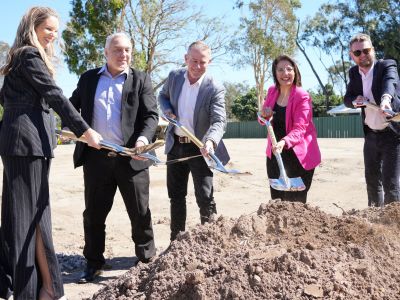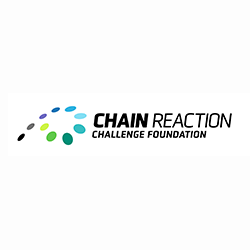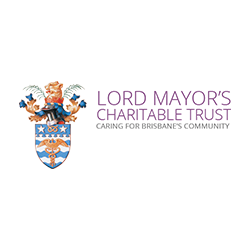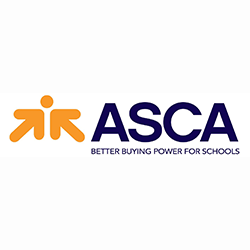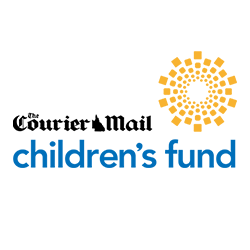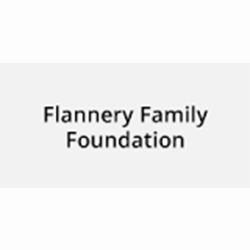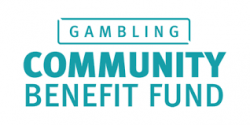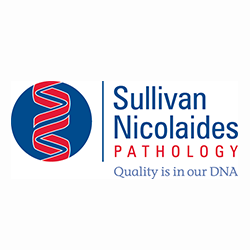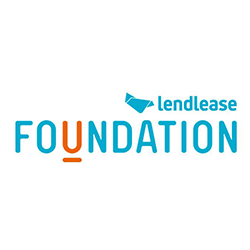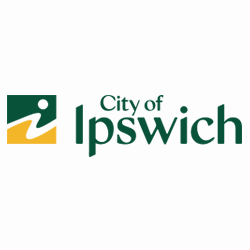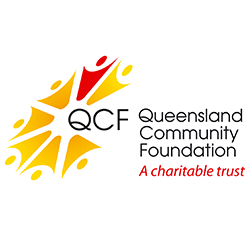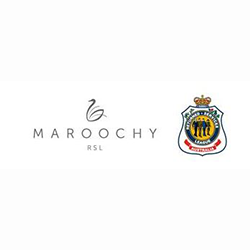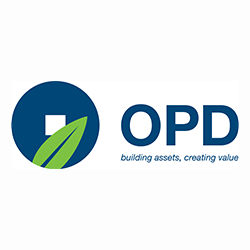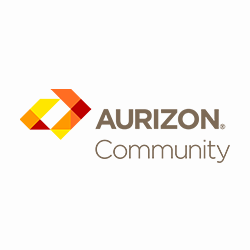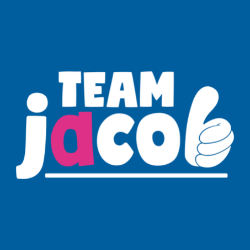
AEIOU holds Australia's largest data resource regarding autistic children between 2-6 years old, comprising longitudinal information from now over 1,000 preschoolers and their families.
In a new paper to be released by AEIOU, our Research team outlines insights into trends around children’s journeys to diagnosis, ongoing development, parent experiences, and more.
What does the data tell us?
On average, parents first become concerned about their child’s development around 18 months.
However, those children don’t receive a formal diagnosis of autism until they’re 3 years old (i.e. 1.5 years later).
Children typically access early intervention at AEIOU around 10 months after diagnosis.
AEIOU’s program helps children make significant progress across domains of development, regardless of their skill set at enrolment.
Children with low verbal skills on enrolment make the greatest improvements – their verbal skills increase by 30% over and above their expected gain in just two years at AEIOU. (Children with high verbal skills on enrolment improve by 16%.)
Children with more complex needs benefit from more time attending AEIOU.
Individualised plans and transdisciplinary support are effective components of best-practice early intervention.
Children with autism will always experience greater challenges than neurotypical children, but the AEIOU program gives all children an opportunity to learn new skills, make friends, and connect with others.
What does AEIOU’s Research team do?
Research at AEIOU is not white coats and microscopes. This team turns data points into information, showing how effective our program is for children from a range of backgrounds.
There are few providers like AEIOU, and fewer still who document child gains, family experiences, and intervention impacts in the way that we do.
AEIOU research and data (evidence) is essential to show the NDIA and other government decision makers how critical specialist therapies and education is to children just like yours.
Meet our Research team here


